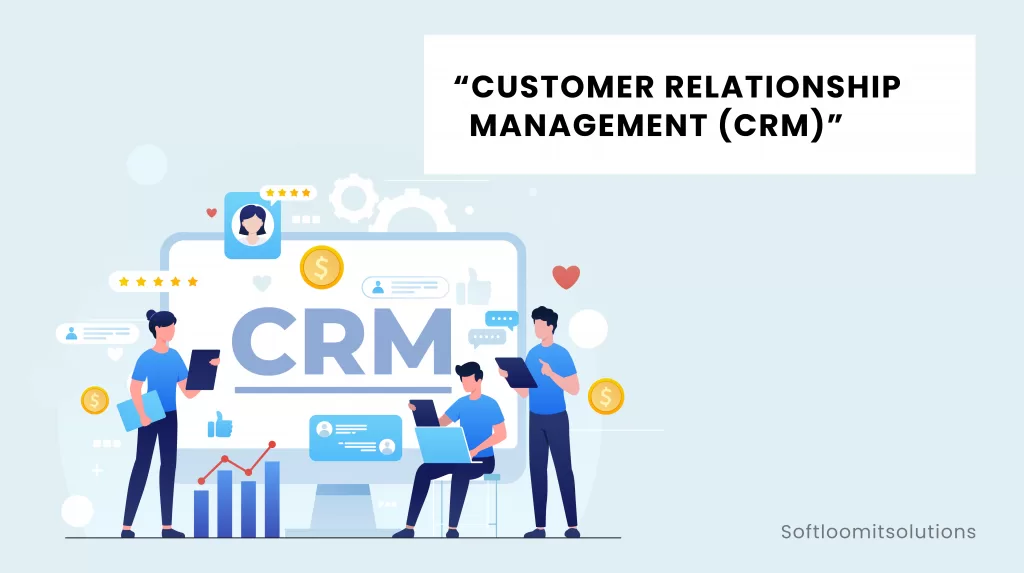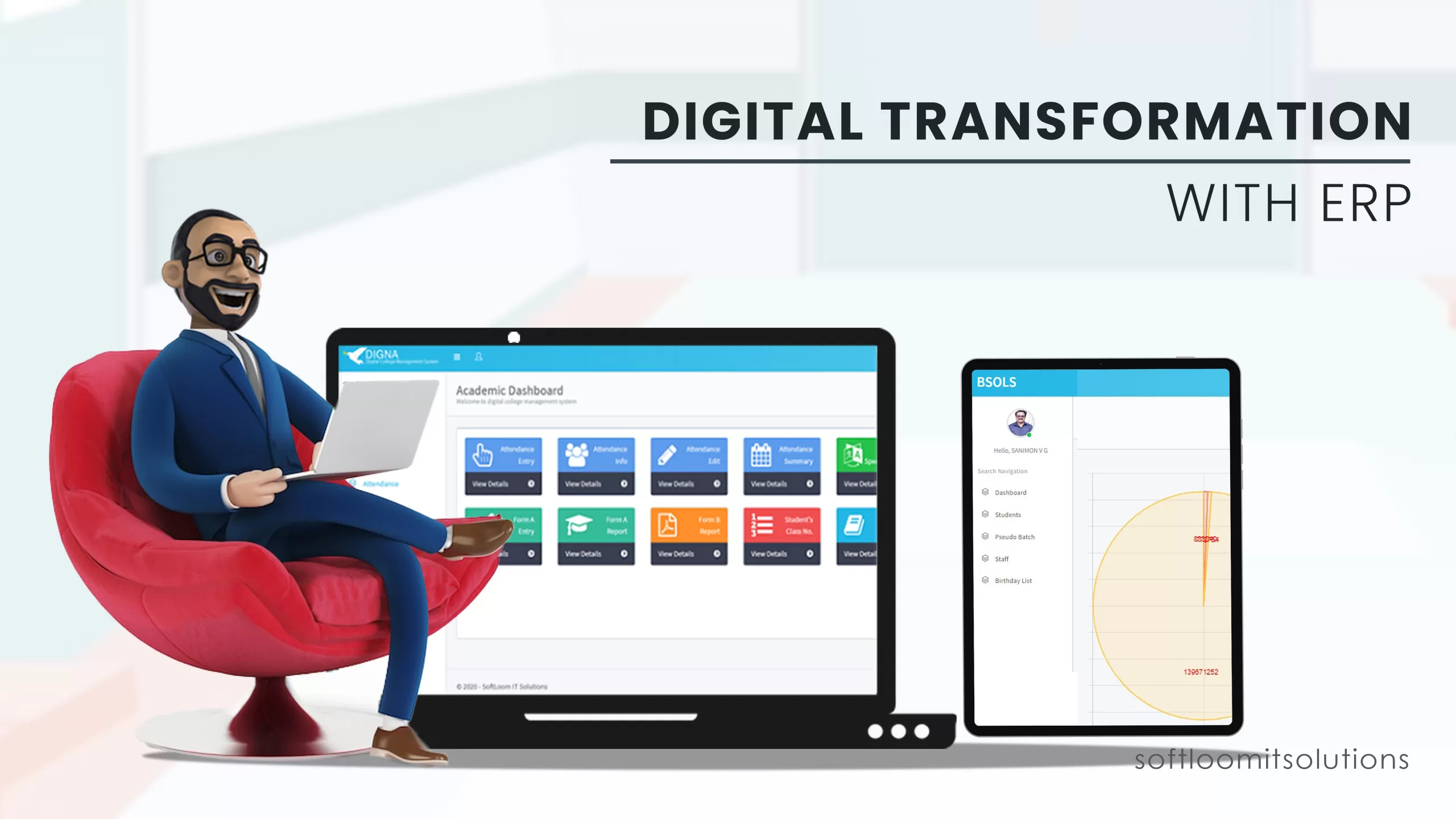In today’s fast-paced educational landscape, achieving high productivity, proficiency, and task completion in reduced time is crucial for educational institutes. Traditional manual methods often fall short in meeting these goals, making it imperative for institutions to leverage technological solutions, especially in the context of digital transformation in education. Implementing tools like ERP software becomes essential to enhancing overall efficiency and streamlining operations. Let’s explore some practical solutions that can facilitate this digital transformation:
Higher Education ERP
1. Student Information Management Systems (SIMS)
Traditional paper-based systems for managing student data are time-consuming and prone to errors. SIMS offers a modern solution by automating processes like admissions, attendance tracking, and academic progress reporting. Key advantages include:
- Streamlined Admission Process
- Smooth Communication
- Automated Fee Payment
- Comprehensive Student Records
2. Learning Management System (LMS)
An LMS enhances teaching and learning experiences by allowing teachers to create engaging content and monitor student progress. Benefits include:
- Course Creation And Content Management
- Reporting And Dashboards
- Strategic Assessments
- Mobile Responsive Design
3. Campus Management System (CMS)
A cloud-based ERP system, CMS, streamlines administrative processes and provides centralized access to information. Features include campus management system integration are:
- Student Lifecycle Management
- Teaching And Class Attendance
- School Administration And Lifecycle
4. Customer Relationship Management (CRM) Solutions

CRMs provide insights across various aspects of student engagement and administrative processes, improving efficiency and engagement. Benefits include:
- Customized Outreach
- Alumni Engagement
- Simplified Administrative Processes
Challenges in Implementing Digital Transformation Systems
While the benefits of digital transformation are immense, challenges such as change management, integration obstacles, user adoption, and data security need to be addressed effectively.
Strategies for Successful Digital Transformation
To navigate digital transformation successfully, institutions should:
- Establish Clear Goals and Plans
- Include Stakeholders in the Process
- Focus on Continuous Improvement
- Identify the Institute’s Requirements
- Allocate Budgets Wisely
Final Thoughts
Digital transformation in education presents significant opportunities for educational institutions to optimize operations and elevate student experiences. By carefully choosing appropriate tools and implementing effective strategies, institutions can overcome challenges and fully leverage the advantages of technology in education.
In conclusion, it is crucial for institutes to take a proactive approach in preparing for and executing digital transformation initiatives. This proactive stance ensures that they are well-equipped to meet the evolving demands of modern education effectively, ultimately fostering a more dynamic and efficient learning environment.






